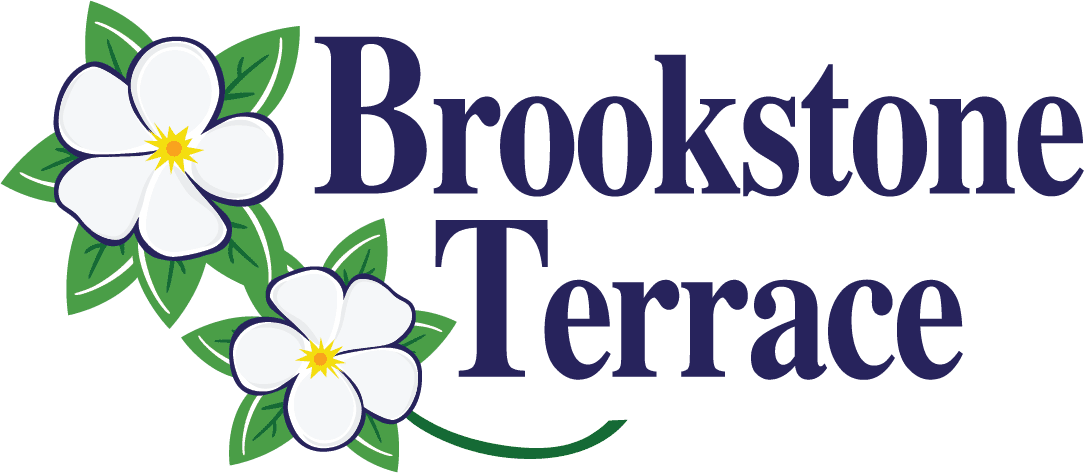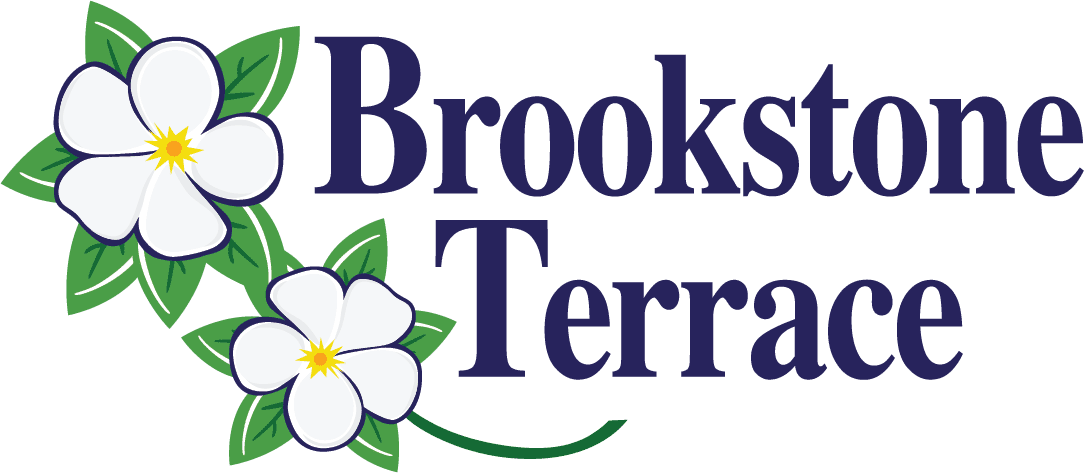Alzheimer’s and other forms of dementia are conditions that we usually associate with seniors. But it can also be diagnosed much earlier in life, which is known as early-onset Alzheimer’s. Read on to find out more about early-onset Alzheimer’s and some tips for managing this condition.
What is early-onset Alzheimer’s?
Early-onset Alzheimer’s is a diagnosis of Alzheimer’s before the age of 65. It commonly occurs when people are in their 40s and 50s, but can even be as early as their 30s. This is generally the same as a regular Alzheimer’s diagnosis with the same kind of progression, just earlier in life.
Early-onset Alzheimer’s is much more common when there is a genetic component, i.e. when a biological parent or grandparent also had Alzheimer’s. While there are a number of potential risk factors for Alzheimer’s disease, this is the only known risk factor specifically related to early-onset.
Spotting the signs of early-onset Alzheimer’s
The warning signs and symptoms of early-onset Alzheimer’s are essentially the same as a regular Alzheimer’s diagnosis. It can even sometimes be easier to notice a problem since frequent memory lapses are more likely to be chalked up to age if they start occurring in your 60s or 70s. People are also likely to be more vigilant or aware of symptoms if they know that Alzheimer’s runs in the family.
Here are some of the signs to look out for:
- Forgetting details such as dates and names, or having to be repeatedly reminded of these kinds of details
- Forgetting the words to use in a conversation or when describing something
- Confusion and disorientation
- Changes to your personality, e.g. becoming more irritable or suspicious
- A decline in problem-solving abilities
How to manage a diagnosis of early-onset Alzheimer’s
Like with regularly-occurring Alzheimer’s disease, there is no cure for early-onset Alzheimer’s, but your symptoms and the progression of them can be managed with certain medications prescribed by your doctor. They will also be able to recommend activities that can have a positive impact, such as cognitive training and regular exercise.
Alzheimer’s disease can cause patients to withdraw from social situations as the symptoms progress and conversation becomes more challenging, but turning to others for support is an important part of managing and living with your diagnosis. As well as leaning on your loved ones, it’s a good idea to find support groups (either online or in person) where you can talk to others in a similar situation to you. You may also be able to receive financial support and other types of support if your diagnosis affects your ability to work, for example.
If you or a loved one require memory care due to dementia or Alzheimer’s disease, whatever the age, then Brookstone of Clemmons can provide the support and care that you need. Get in touch to find out more about our assisted living community and special care services in Clemmons, NC.


